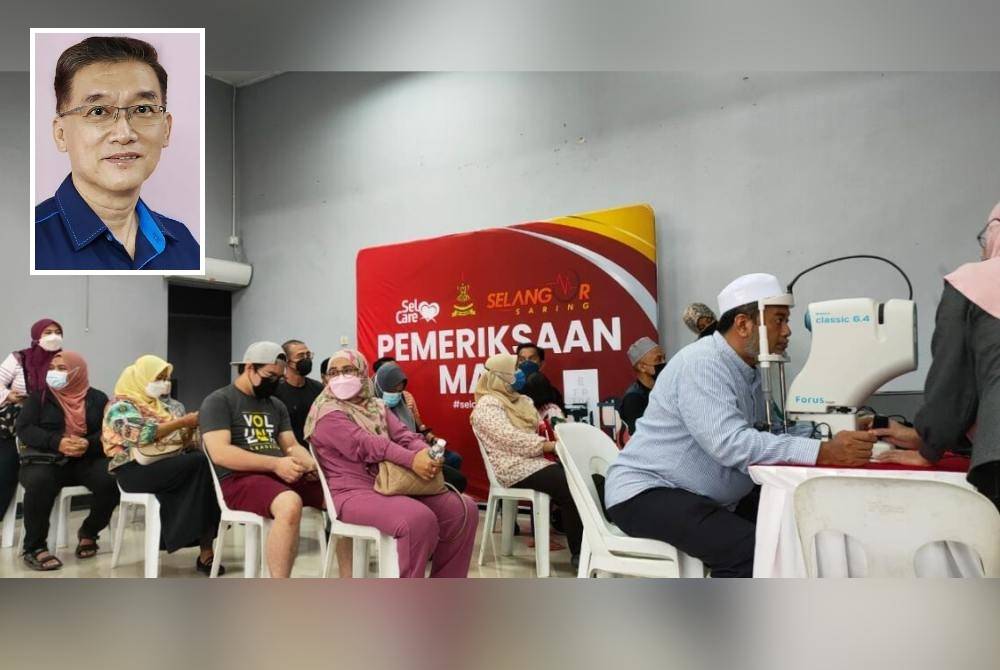Time to introduce national health insurance scheme
Such a move was crucial for the government to address the rising costs of medical services in private healthcare facilities and the yearly increase in health insurance premiums.

SHAH ALAM - The time has come for the government to introduce a national health insurance scheme to ensure the welfare of the people and to prevent the collapse of the public healthcare system.
Malaysian Medical Association (MMA) former president Dr Koh Kar Chai said that such a move was crucial for the government to address the rising costs of medical services in private healthcare facilities and the yearly increase in health insurance premiums.
He explained that partial or inadequate solutions risk being unsustainable while empowering primary healthcare services in the private sector was seen as a more efficient approach to reducing public healthcare subsidies.
"There is a concern that a sharp increase in insurance premiums may compel more Malaysians to reconsider the need to maintain their health insurance policies.
“This is because such increases would strain their monthly budgets. Introducing co-payment arrangements might help lower premiums, but it is not entirely effective.
“Therefore, if the government does not consider implementing a national health insurance scheme and more individuals cancel their health insurance policies, the public healthcare system is likely to face collapse,” he told Sinar Premium on Friday.
Recent local media reports indicated that medical insurance premiums were expected to rise by 40 per cent to 70 per cent next year, prompting some policyholders to consider terminating their policies due to escalating monthly costs.
As a result, Bank Negara Malaysia (BNM), which regulates the local insurance industry, urged insurers and takaful operators (ITOs) to review their pricing strategies to ensure fairer implementation.
Dr Koh also suggested that an itemised billing approach (charges based on specific medications or healthcare equipment) in private hospitals and clinics might provide patients with more transparent healthcare fees.
However, he expressed scepticism that the price transparency initiative, which the Health Ministry planned to enforce next year, would necessarily lead to reduced healthcare service costs.
“On the contrary, it may create confusion for patients in selecting medications or services at premises offering lower prices,” he said.
He also noted that the implementation of package-based treatment systems (Diagnosis-Related Groups) in private healthcare facilities might look good on paper but could pose challenges.
“However, it could impact the equity and quality of services, as the level of service provided may vary depending on the insurance policy coverage.
“To be honest, the Diagnosis-Related Groups method requires a comprehensive monitoring system,” he added.
Download Sinar Daily application.Click Here!













